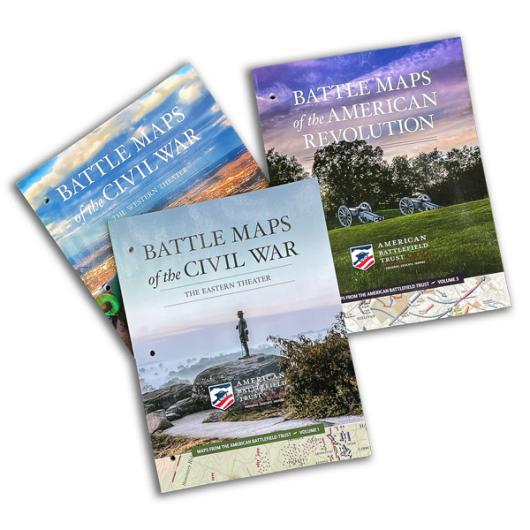Statement on Battlefield Monuments, July 2020
A message from the American Battlefield Trust
RECENT EVENTS remind us all that the story of America is complex and full of contradictions. “All men are created equal,” our Declaration of Independence proclaimed in 1776, and yet men and women were held in bondage for another 87 years. Then, amid the trauma of a bloody civil war, came President Abraham Lincoln’s profound clarification: Ours is a nation “conceived in Liberty and dedicated to the proposition that all men are created equal.” In this reframing during his Gettysburg Address, Lincoln acknowledged that America’s journey was far from over. He asked each of us to do our part in “the great task remaining before us.”
Each successive generation plays a role in embodying the most central tenet of our American experiment. The first words of our Constitution, the bedrock of our democracy, declare that “We the people, in order to form a more perfect union” will take the actions outlined therein. Each of us, for as long as the nation shall endure, is called upon to do our part to advance freedom and justice farther along the path. The more perfect a union we can imagine, the more perfect a union we can become.
America’s founding documents are not perfect, primarily because they were conceived by imperfect human beings. But they provide us with a stable framework, as unique in the world today as it was in the late 18th century, that allows each generation to address the challenges of its own time. The “unfinished work” remaining before Lincoln in 1863 persists even now.
Our nation is confronting painful chapters of our past, and there can be no single solution for how to grapple with those legacies. Some locally elected officials have, as our democracy grants them authority to do, decided to remove Confederate monuments standing in public squares and civic settings. Others have chosen to relocate them or augment them with contextual interpretation. We continue to urge, as we have previously, that these decisions must be made in thoughtful ways, understanding that taking a historical resource and placing it in a different historical context is rarely an advisable course of action. Further, we believe true learning, healing and growth require more education and interpretation, more discussion and hard conversations, and more preservation — never less.
War has a terrible human cost that must not be forgotten. There have been issues in our history so important, profound and fundamental that they could be resolved in no way beside armed conflict. The American Battlefield Trust is dedicated to the idea that the battlefields where these struggles manifested themselves should be forever protected as living memorials to those who fought there. They are also outdoor classrooms, where underlying issues can be studied and reflected upon. “Those who cannot remember the past are condemned to repeat it,” wrote philosopher George Santayana. Instead, let us engage in “active remembering,” and work every moment of every day toward a better future for our nation.
Many of those ordinary citizens who fought on America’s battlefields, who drew and shed blood there, fighting in a war they did not seek but could not avoid, later took comfort and found healing in erecting monuments to their comrades and leaders who did not return home at war’s end. “To Our Honored Dead” they inscribed on the markers, obelisks, statues and tablets they placed upon the landscape.
As followers of history, we know that battlefields are inevitably vast cemeteries where the dead were buried where they fell. And while many of these soldiers were later reinterred elsewhere — sought out and claimed by bereaved family or moved to a permanent resting place, including national cemeteries — an unknown number remain buried on these battlefields. A unit’s monument on a battlefield, standing where they stood, is little different than a headstone for its fallen, the location of earthly remains perhaps unknown. These, we believe, must remain, no matter how other markers and memorials might be debated, judged or removed. To do less is to steal from the future.
History should not be glossed over or erased. It must be considered and confronted in appropriate settings and contexts — museums and battlefields among them — where honest and unflinching background can be provided. The American Battlefield Trust is committed to preserving the full scope of America’s story — honestly and impartially, the heroic and painful. Our irreplaceable hallowed battlefields offer tangible links to our past so that we can teach future generations of the cost — but also, ultimately, of the value — of freedom and justice.
American Battlefield Trust









